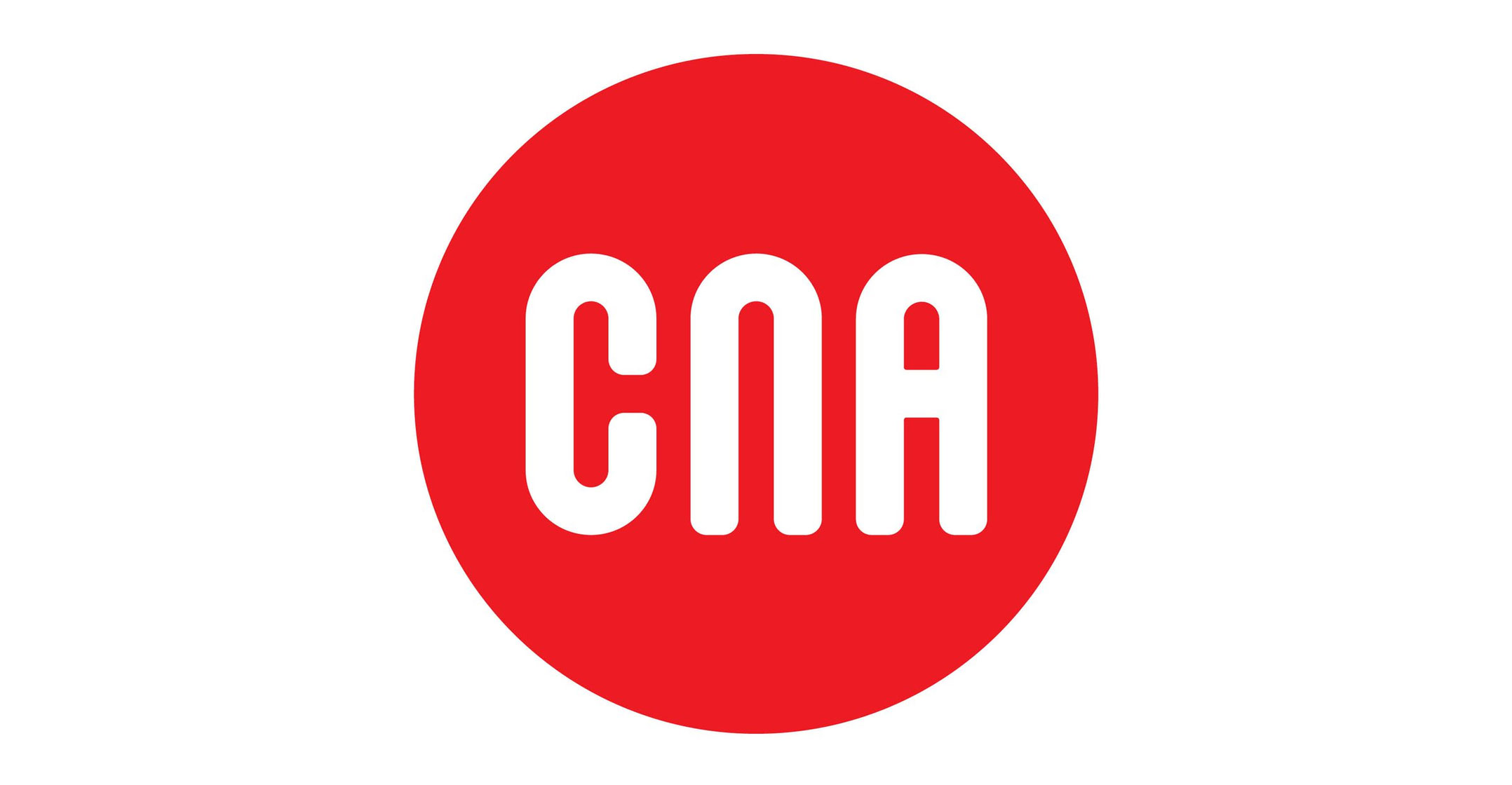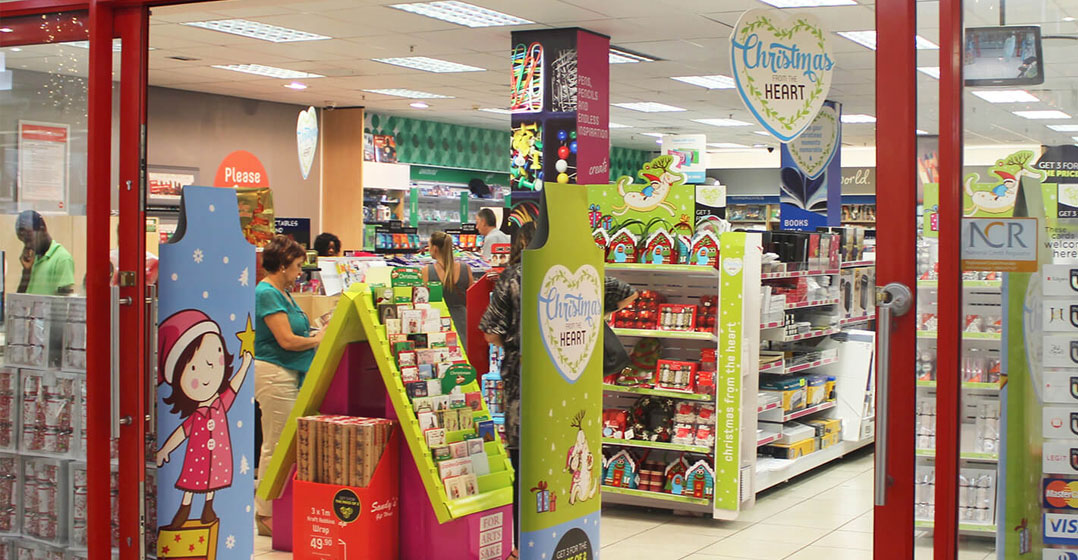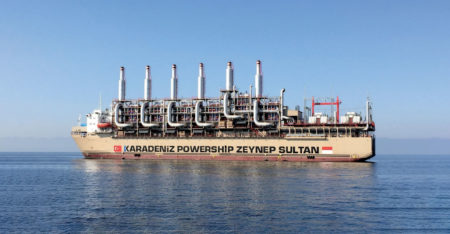 Creditors remain in the dark as CNA battles to avoid business rescue. Reports emerged last week that the stationery retailer is in financial trouble and that the relationship between the board and CEO has soured.
Creditors remain in the dark as CNA battles to avoid business rescue. Reports emerged last week that the stationery retailer is in financial trouble and that the relationship between the board and CEO has soured.
The board is accusing CEO Benjamin Trisk of engaging business rescue practitioners without its consent, according to Business Day. The board is of the view that Trisk acted “unilaterally”. However, Trisk told the paper that, as a director, he had to look after the “welfare of the company, its staff and its creditors”.
He claims that the board discussed business rescue at the end of March.
It is understood that CNA has not paid multiple creditors for months; one creditor has still not been paid for January purchases. A payment plan proposed by the retailer saw terms of 60 days effectively change to 120 days, subject to cash flow.
Last week, CNA contacted creditors to state that the proposed payment plan would be amended further with part payment now likely at the end of the month. The letter stated that the retailer needed time to put funding in place. This suggests, on the surface at least, that funding is being lined up.
Astoria exits
Majority shareholder Astoria, which owns 70% of the business, announced on Thursday that it would sell its holding to management (which owns the remaining 30%) for the price it paid. It is unknown whether the ructions at board level contributed to this decision.
Astoria paid R1.2-million for the stake in April 2020 and immediately wrote the value of the stake down to zero. It said it did not provide any “further equity or debt funding” to CNA.
In October, Astoria said that “as expected, August and September were slow trading months for CNA and the business continues to receive much-needed support from landlords and staff”. The 2021 back-to-school season “will provide a good indication of the prospects of the business”, it added.

By March, Astoria confirmed that CNA had been established as a standalone business by the end of 2020 (it had to extricate itself from the Edcon Group). It said “despite having established its own physical infrastructure in the form of a head office and distribution capacity, trading has been difficult”.
“As this is the first year of trading as a standalone business, and since a number of categories were discontinued, like-for-like comparisons are difficult to draw. Sales have fallen short of the pre-Covid business plan.”
It added: “Landlords have been extremely helpful under current trading conditions. Paying suppliers in full and on time remains the top priority … and it is unlikely that we will have to provide any further capital to the business.”
At least one supplier has questioned what value Astoria added to the business during its 13-month ownership, especially since it did not put any additional capital into the retailer.
Trading is clearly under pressure with stores not stocked as well as they arguably should be. Some suppliers are no longer providing stock to CNA until payments are received, which could explain the stock situation somewhat.
4c/rand
Unless funding is secured, presumably from a new investor, one could assume that the company will be placed in business rescue. It is highly unlikely that it will be able to trade its way out of this situation.
Suppliers could end up being burnt twice if CNA does enter business rescue, with most still owed money by Edcon. Under Edcon’s business rescue plan, concurrent/unsecured creditors are likely to receive only 4c in the rand.
- This article was originally published on Moneyweb and is used here with permission




